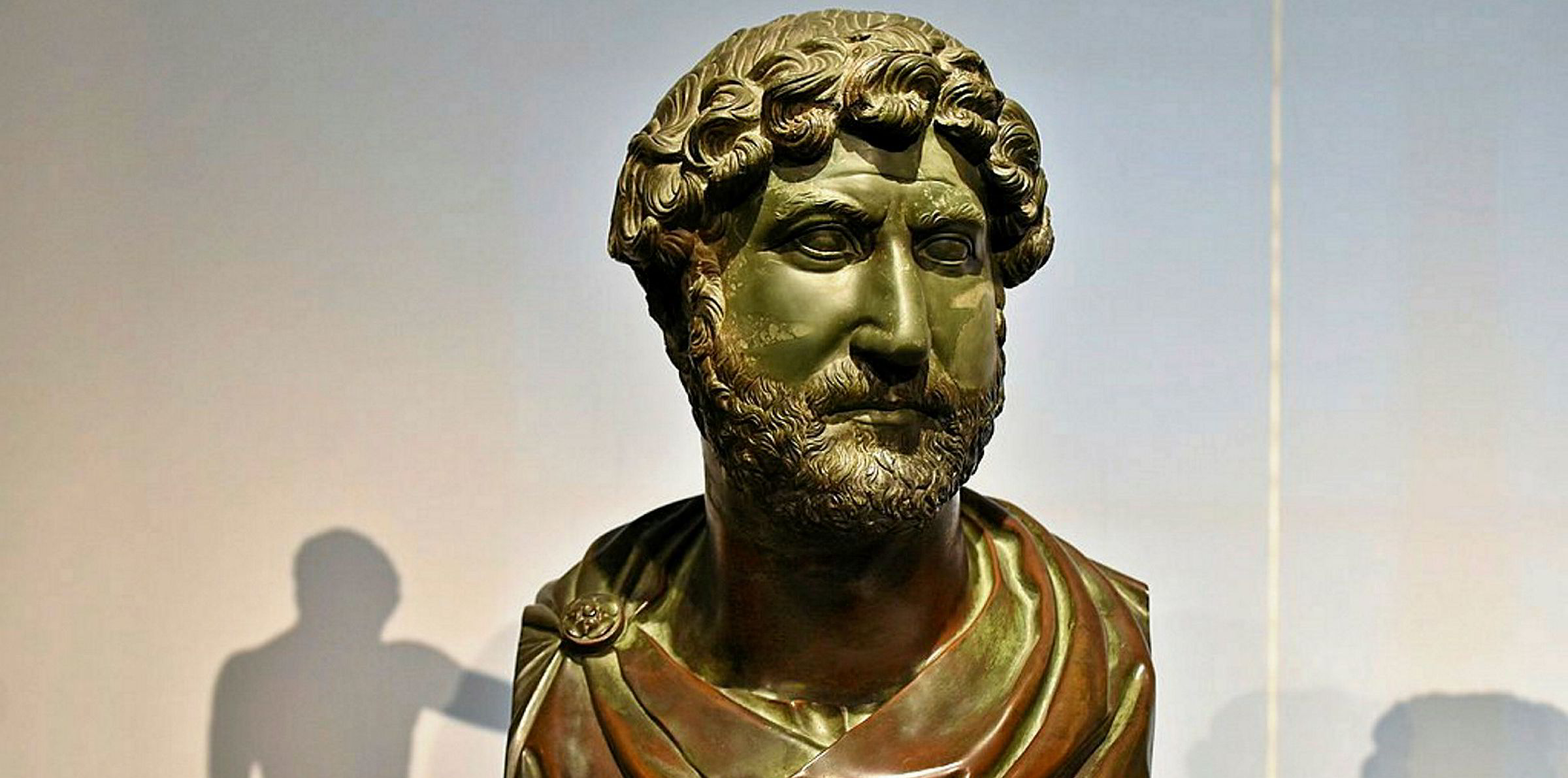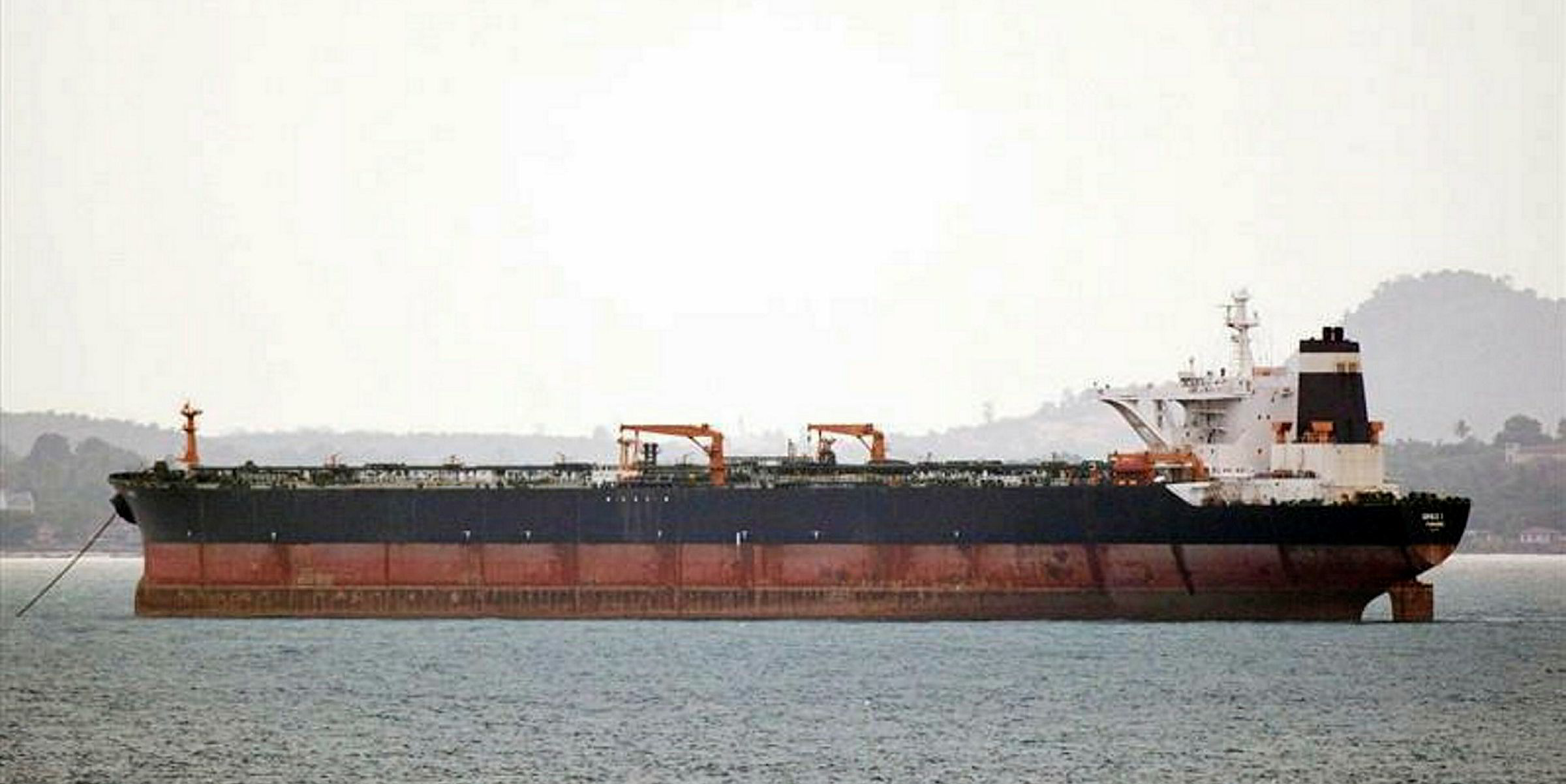A controversial Iranian tanker underway in the Mediterranean changed its stated destination in the night to Saturday from Greece to Turkey.
Automatic identification system (AIS) data from MarineTraffic indicate that the 300,600-dwt Adrian Darya 1 (built 1997), formerly the Grace 1, is heading towards the Turkish port of Mersin, where it is scheduled to arrive on 31 August.
The tanker last reported a position Saturday at 1139 (1039 GMT), just south of Sicily, at a speed of nearly 8 knots.
Laden with 2.1m barrels of crude oil, the Adrian Darya 1 was allowed to depart Gibraltar on Monday. UK authorities had arrested it there on 4 July over suspicions it would deliver crude oil to civil-war torn Syria, which ships are not allowed to do under European Union (EU) sanctions.
British authorities, however, released the ship after receiving assurances it would not show up in Syria, which lies about 250 miles just to the east of Mersin. Upon its departure from Gibraltar, the Adrian Darya 1 crew had indicated Kalamata, Greece as their destination, with scheduled arrival there on 26 August.
The Greek government, however, stated it would not allow the ship to receive supplies, following warnings by the US that it would sanction any country or company that would provide aid to the vessel. The US administration is pushing nearby states to re-arrest the ship. Washington claims it is connected to the Revolutionary Guards, an Iranian elite military unit which Washington considers a terrorist organization but the EU does not.
The government of Turkey is not known to have reacted yet to the news that the Adrian Darya 1 is heading toward its waters.
In an apparent reprisal to the arrest of the Grace 1 in Gibraltar, Iran seized on 19 July the UK-flagged 50,000-dwt tanker Stena Imperio (built 2018). On Tuesday, Stena Bulk chief executive Erik Hanell personally asked Iranian foreign minister Mohammad Javad Zarif to release the ship, which is still in Bandar Abbas.
Iran has renamed the Grace 1 as Adrian Darya 1 as a swipe against Britain.
Its new name is believed to be a reference to Hadrian, the Roman Emperor who built a wall across northern Britain to prevent native tribes, which the Romans considered barbarians, from attacking Roman domains.





